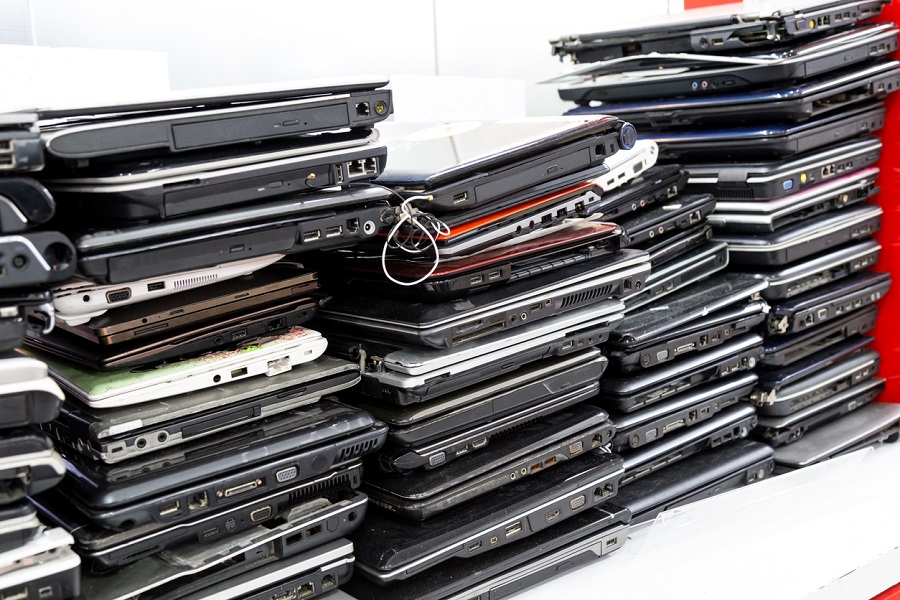
4 Things You Should Know About Computer Recycling
- April 19, 2019
- ERA
- Donation, Electronic Recycling Association, News, Press Release
Computer recycling is considered a valuable asset for the security of the environment. However, before you go about just throwing away your computer or your laptop, you should know the key facts about the recycling process.
The Key Things You Need To Know About Computer Recycling
- You should delete everything off your computer first
When you plan to get rid of your laptop or desktop, you should always go for a complete date deletion. Just clicking ‘delete’ is not enough to erase all your files and data off your computer. The data will still live on and can be easily recovered with some basic software. Before you know it, all your valuable data and security information will be in the hands of someone else. Make sure that you get professional assistance and get a data destruction security service, which ensures nothing is leftover. - The materials can be reused in future
What makes computer recycling so valuable is that the components and materials that make up the computers can be reused. The plastics and metals that cover the products are considered ‘raw’ and can be reused in future. More so, precious high-density metals such as aluminium, copper, gold and silver can be extracted from the electronics and reused for the development of other electronic devices. - A certified e-waste professional is necessary for proper disposal
While there are many companies and businesses out there that promote computer recycling, you have to make sure they are certified. In some cases, they will not properly break down and dispose of the electronics, and merely throw out the waste. Make sure you do your research and know who will be taking your computer off your hands. - Each state has its own legislation in regards to computer recycling
In the US, there is currently no federal legislation which mandates that e-waste (which is what computers are part of) has to be recycled. However, many states have introduced legislation to control the increased amount of e-waste. There are a total of 25 states that have laws regarding e-waste, stipulating that it must be properly recycled, and not be included in traditional landfills. Make sure you brush yourself up on your state’s e-waste recycling laws beforehand.
The Electronic Reusing Association (ERA) is a non-profit organization that has been reducing unnecessary electronic waste since 2004. Our mission is to protect the environment and build up communities by repurposing old electronics and donating computers, laptops, and other IT Equipment to deserving organizations in need of funding and support. We have drop-off locations in the US and Canada. For more information, call our Toll Free line on 1877-9EWASTE.
© Copyright 2019 | Electronic Reusing Association | Privacy Policy | Terms | Disclaimer



Pingback: Recycling and Waste Innovations: The Ultimate List